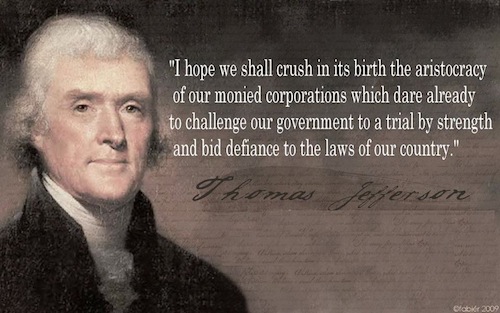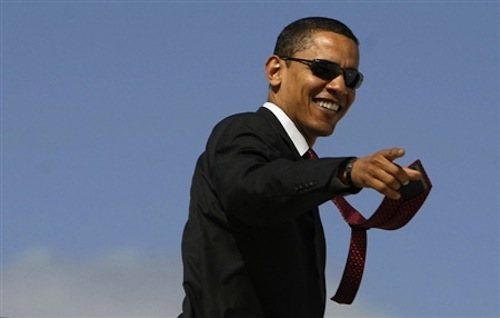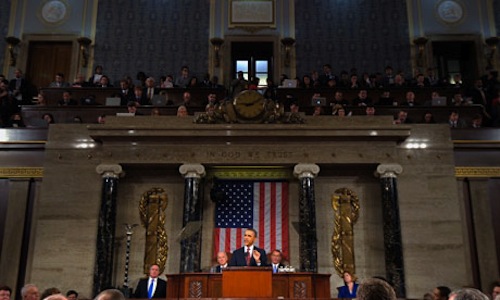The foregoing quote comes from Ellen S. Miller, executive director of the Sunlight Foundation, speaking to the New York Times about Super PAC donors. Tuesday did not just give us the primary that sealed the Republican nomination; it was also the day that various super PACs disclosed their funding, sort of. America’s bold experiment in calling money speech has yielded roughly eleventy gajillion dollars for both Mitt Romney and Barack Obama, although Romney seems to have netted slightly more. A lot of his donors are whom you’d expect: a coal company, a lobbyist for Altria, Haley Barbour’s nephew. Others are a little trickier, including a quarter million dollars from a corporation “with a post office box for a headquarters and no known employees.” Thomas Jefferson must be rolling over in his slave grave.
Category Archives: Politics versus Government
Elizabeth Drew on how an election feels fair
For a publication staffed entirely by nerds, the New York Review of Books sure is fired up about democracy. Their coverage of Occupy Wall Street is far better than that of any traditional news outlet—by comparison, the Times appears to have closed its office in New York—and their vituperation of Super PACs is only slightly less comprehensive. This weekend, Elizabeth Drew published this consideration of whether the 2012 election can possibly be fair. “Will the presidential election reflect the will of the people?” she asks, presumably rhetorically. She follows with a more important question: “Will it be seen as doing so—and if not, what happens?”
Could Barack Obama defeat Congress?
Every schoolchild knows that the Founders built American government on a system of checks and balances, by which the executive and legislative branches battle each other for eventual control of the military judiciary. Starting around January 16, 2009, it looked like Congress was winning. There are a lot more of them, so they enjoy the same advantages over the President that gazelles enjoy over lions: anonymity and coordination. Meanwhile, the United States of America hurtles toward doom and bread riots—that’s the consensus, at least—so Congress need only stall this position and wait. They’re like mutineers who decide to kill the captain and next conclude that the best way to kill the captain is to sink his ship. So picture 535 gazelles and a lion fighting in the control room of the Bounty, and that’s our government for the last three years.
SOTU not as rad as hoped, again
Every year I watch the State of the Union Address, and every year I expect something amazing to happen: the President announces that he has nationalized Canada’s oil industry, for example, or says that he has a new position on gun control and then tears off his shirt to flex his biceps. The President turns to John Boehner, smiles, and calmly pushes his speaker gavel off the edge of the desk. Shockingly, none of that happened last night. It sort of looked like Joe Biden had a cold, and someone in the audience began either booing or shouting “Bruce!” at the proposal to ban insider trading by members of Congress. Also the President declared class war, but more on that later. First we have amusing screen caps.
Matt Taibbi on the “1%-off”

Barack Obama, whose administration has pursued zero successful corruption prosecutions relating to the financial meltdown of 2008
Matt Taibbi is a writer with the virtues of his faults. The man who coined the phrase “vampire squid” to refer to Goldman Sachs has a knack for arresting rhetoric, but his reasoning can be breathless, too. Goldman Sachs is probably less like an evil sea monster and more like the complex problem of preserving egalitarianism in a post-industrial FIRE economy. Taibbi sure can write a screed, though. On Tuesday, he posted a scathing indictment of the 2012 election and, I think it’s safe to say, contemporary American democracy. As Americans literally riot in the streets over the outsized influence of Wall Street and corporate money on government and society, the race to the race to the White House feels like “a banal bureaucratic sideshow to the real event – the real event being a looming confrontation between huge masses of disaffected citizens on both sides of the aisle, and a corrupt and increasingly ideologically bankrupt political establishment, represented in large part by the two parties dominating this race.” Read that again and tell me any part of it seems implausible besides “looming confrontation.”




